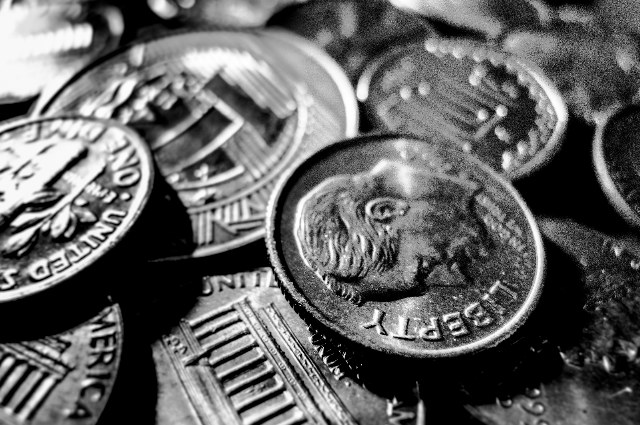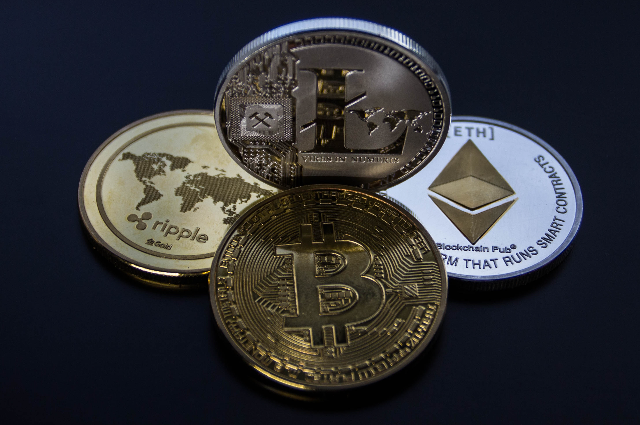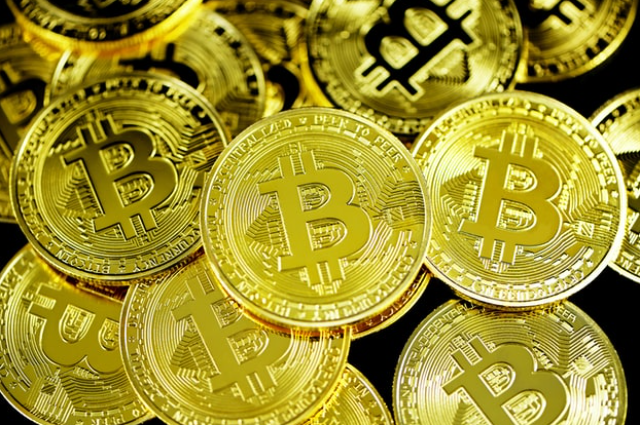Trading is not a new concept and its traces can be tracked from history as well. Mesopotamian tribes introduced the methodology of the Barter System. But due to various leakages in the system, it was soon replaced by money.


Money has primary two functions-Measuring the value and serve as a medium of exchange. Kings and traders introduced metallic money and stamped their marks on it to assure legitimacy. Then paper money was adopted that is serving as a medium of exchange till date also. It was thought to be the most convenient mode of transaction until credit and debit cards were introduced.

But from the past few years, there is a lot of buzz about digital currency. Cryptocurrency is a virtual currency created and stored by blockchain technology. It was originated by some anarchist groups that lost faith in fiat money because of subprime crises (2007) which made the US dollar weak and eroded its power.

Bitcoin origin
An anonymous user "Satoshi Nakomoto" launched a cryptocurrency ‘Bitcoin’, a total of 21 million coins, wherein 1 Bitcoin (BTC) = 108 Satoshi (the smallest unit) through blockchain (a decentralized database that maintains a growing list of records/transactions).
Today almost 9% of the world own a bitcoin.
- Ethereum, Litecoin, Digicoin, Laxmicoin, Ripple, etc. are also cryptocurrencies.

Ways to obtain cryptocurrency
• Mining- Using powerful computers through blockchain technology. If quantum computers are invented then they will solve block-chains in seconds and it might lead to a crash in cryptocurrency.
• Transaction- By selling goods and taking payment in cryptocurrency. These currencies have a public wallet and thus assure anonymity to the buyer.
• Exchange- Paper currency can be exchanged by cryptocurrency on websites like CoinDCX. But, in almost every nation a proper framework is missing to regulate them so there is no redressal of complaints regarding any fraud.

Cryptocurrency status in India
India was neither the first nor the only country to ban cryptocurrencies. Ecuador, Nepal, Bangladesh, etc. have already banned it. But the decision to ban them was revoked by the supreme court when RBI couldn’t pass the test of proportionately. Currently, it does not enjoy any legal status/ legal tender.


Cryptocurrency Worldwide
• World Bank
World Bank launched World’s first blockchain bond called “Bond-i” in the Australian denomination. The public investing in it will get 2% interest after 2 years.
According to World Bank, it costs 6-7% on an average to transfer money from one country to another, and block-chain based technology can help to lower these costs.
• UNICEF
It became the first United Nations organization to accept cryptocurrency for funds.
•World Economic Forum(WEF)
This organization published a document talking about the accountability, data privacy, data protection, transparency, etc. and set global standards for web-developers, corporates and governments who’re building/using blockchain technology.
• Other Nations
Marshall Island became the first country to launch its sovereign cryptocurrency named ‘Sovereign’(SOV). But there will be no anonymity, unlike bitcoins.
Venezuela launched a cryptocurrency named 'Petro' whose price is linked with the market price of one barrel of oil due to the situation of hyperinflation in their country.
El Salvador became the first country to make cryptocurrency as a legal tender.
China has banned the cryptocurrency exchanges and initial offering. Also stared trials for Central Bank Digital Currency(CBDC).
Challenges of cryptocurrency
• Cryptocurrencies increase the anonymity of the dealers and that can lead to tax invasion, terror financing, etc.
• This market is very speculative and the financial illiteracy and digital divided can make people more vulnerable to losses. Recently, Bitcoin’s value fell by 40%.
• There will be a lot of e-waste generation as people will rush to buy digital devices to mine the currencies.
Charms of cryptocurrency
• Storing data can be cheaper, faster, secure and convenient.
• The issue of Bonds or shares can be done in a cheaper manner.
• It gives consumers various choices in which they can trade or buy goods and services. They can exploit the opportunities in the finance.
To Conclude
We can’t predict the future of cryptocurrencies due to various concerns related to it by nations and governments but it has surely given technological ideas to the world. Countries are coming up with various ideas and methodologies to use this new technology for the benefit of their economy.
For example-China is conducting trials to issue its currency Yuan in digital format. (Central Bank Digital Currency)
Facebook proposed a stable currency named ‘Libra’ backed up by reserve assets.
Many nations are planning to use block chain technology in their official work like-banking, share market, etc. and can be useful in governance.
Digital payment is the most advance method of trading developed so far. It can help the nation to implement its monetary policy more effectively if regulated. It will be a big step towards a cashless economy. It will surely open new paths for the future generation and will be playing an important role in the Industrial Revolution 4.0.
Cryptocurrency or digital currency might be the new money in the coming future.
